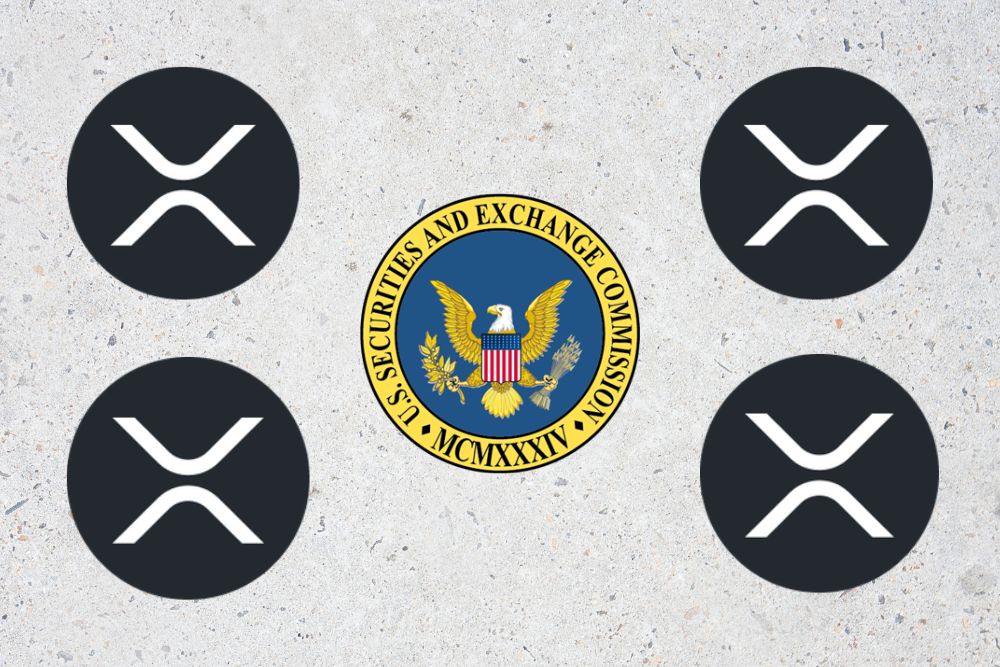

The US Securities and Exchange Commission’s (SEC) examination of cryptocurrencies is under the spotlight. A question has emerged saying, will the Supreme Court step in and hinder the SEC’s regulatory initiatives? This comes as the SEC plans to challenge Judge Torres’s decision in the Ripple vs. SEC lawsuit.
Brooke Masters, a US Financial Editor at the Financial Times, discussed the implications of the SEC’s actions in the crypto world in a Financial Times piece. She points out that the SEC’s decision to appeal the Torres verdict could pave the way for the Supreme Court, especially its conservative majority, to question the SEC’s overreach. This could arise from worries about potential overregulation.
Read Also: Jeremy Hogan to Ex-SEC Official: XRP Price is Influenced By The SEC, Not Ripple
Recently, the SEC’s tough approach towards cryptocurrency saw resistance when a New York federal judge partly dismissed their arguments. This has sparked debates in Congress about the SEC possibly overstepping its boundaries, which traditionally lie in making securities regulations.
Judge Torres referred to the “Howey test” in her XRP decision. This test, crucial in determining investment contracts, traces back to a Supreme Court case from 80 years ago related to Florida citrus farms. The Howey test defines security based on specific promises made by promoters to earn profits for investors. This reference strengthens the case for the Supreme Court’s involvement.
The editorial sheds light on the SEC’s mission to shield investors from scams and market unpredictabilities. Traditionally, the focus was on conventional investments like stocks. Yet, the booming growth of cryptocurrencies has prompted a rethink of regulatory parameters.
Currently, the SEC is amidst several fights to assert its dominance in the cryptocurrency sector. Another case is challenging a long-standing method in the leveraged loan industry.
Read Also: Ripple Joins Bank for International Settlements (BIS) For Payments Taskforce. Can XRP Benefit?
The essence of these legal confrontations is the definition of “securities.” Historically, after witnessing risky investments in the early 20th century, states intervened to prevent scams.
To streamline the process, Congress set up the SEC in the 1930s, setting national norms for investment contracts and their handling entities. The main goal of these regulations is safeguarding investors.
However, the complex world of cryptocurrencies presents hurdles. Assets like Bitcoin (BTC), with their wild price swings, and issues like the FTX crypto exchange’s downfall have led to huge investor losses. There’s also an ongoing effort to retrieve money for loan investors from a bankrupt drug testing company under fraud scrutiny.
The editorial underscores the need to bring such advanced products under the SEC’s watch to protect investors. However, it cautions about the possible risks of overregulation that might harm the equity and steadiness of US markets.
Follow us on Twitter, Facebook, Telegram, and Google News
Ex-Fox Business journalist Eleanor Terrett has provided additional context surrounding the U.S. Securities and Exchange…
As market uncertainty and regulatory tremors continue to shake the crypto industry, concerns about exchange…
In a recent post, Crypto Commentator “All Things XRP” highlighted a significant knowledge gap among…
John Squire (@TheCryptoSquire), a popular crypto influencer on X, shared a clip from an interview…
A pivotal date is fast approaching in the ongoing legal and regulatory odyssey surrounding Ripple…
Dogecoin’s momentum is slipping, with trading volume shrinking fast. Meanwhile, is blazing, drawing in 285,000…